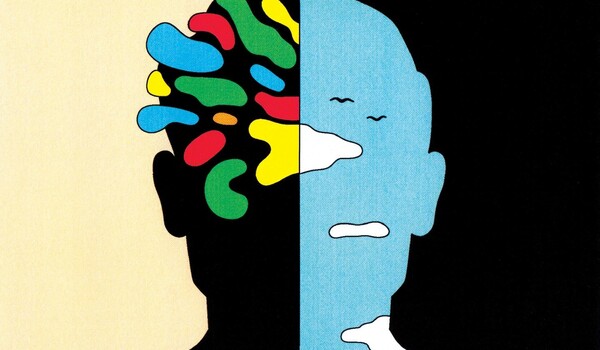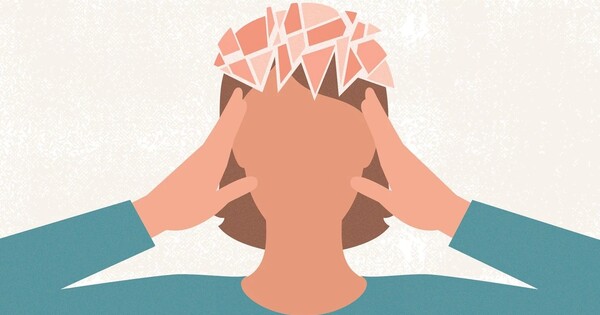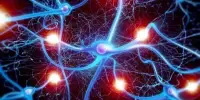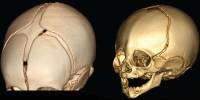Adults with attention-deficit/hyperactivity disorder (ADHD) are nearly three times more likely to acquire dementia than those without ADHD, according to a Rutgers study.
The study, co-authored by Michal Schnaider Beeri, director of the Herbert and Jacqueline Krieger Klein Alzheimer’s Research Center at Rutgers Brain Health Institute (BHI), appeared in JAMA Network Open. It monitored more than 100,000 older persons in Israel for 17 years to see if adults with ADHD are more likely to develop dementia, including Alzheimer’s disease.
Although ADHD affects more than 3% of the adult population in the United States, research on this condition is sparse.
By determining if adults with ADHD are at higher risk for dementia and if medications and/or lifestyle changes can affect risks, the outcomes of this research can be used to better inform caregivers and clinicians.
Michal Schnaider Beeri
“By determining if adults with ADHD are at higher risk for dementia and if medications and/or lifestyle changes can affect risks, the outcomes of this research can be used to better inform caregivers and clinicians,” said Beeri, the Krieger Klein Endowed Chair in Neurodegeneration Research at BHI and a faculty member of the Rutgers Institute for Health, Health Care Policy and Aging Research.
Researchers used data from a national cohort study of over 100,000 people tracked from 2003 to 2020 to compare those with and without ADHD, as well as the occurrence of dementia in the two groups as they aged. Adult ADHD was found to be related with a considerably greater incidence of dementia, even when other risk factors for dementia, such as cardiovascular diseases, were considered.
According to studies, ADHD in adults may manifest as a neurological process that impairs their ability to adjust for the impacts of cognitive loss later in life.

“Physicians, clinicians and caregivers who work with older adults should monitor ADHD symptoms and associated medications,” said Abraham Reichenberg, a professor at the Department of Psychiatry at the Icahn School of Medicine at Mount Sinai and senior author of the study.
“Symptoms of attention deficit and hyperactivity in old age shouldn’t be ignored and should be discussed with physicians,” said Stephen Levine, a professor at the University of Haifa’s School of Public Health.
Furthermore, the study implies that ADHD therapy with psychostimulants may help minimize the incidence of dementia in adults with ADHD, as psychostimulants are known to alter the course of cognitive impairment. However, experts stated that future research should look more closely at the influence of drugs in ADHD patients and how they may affect risk.
















